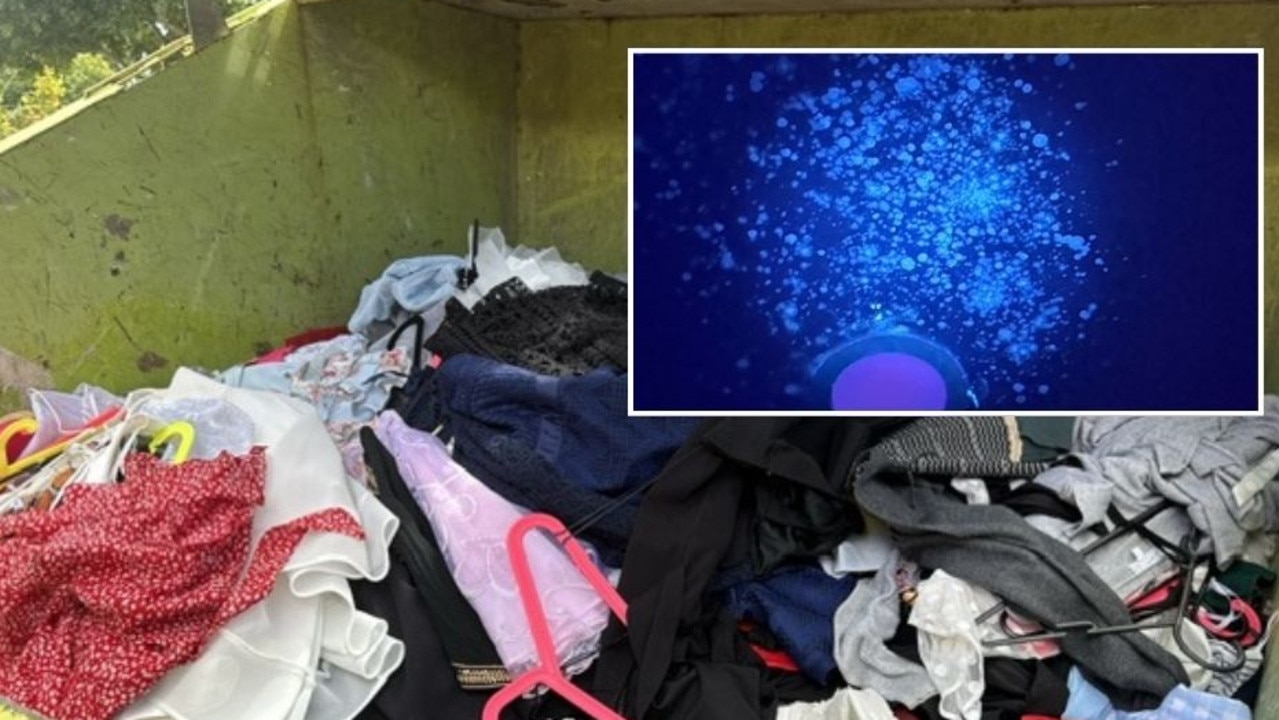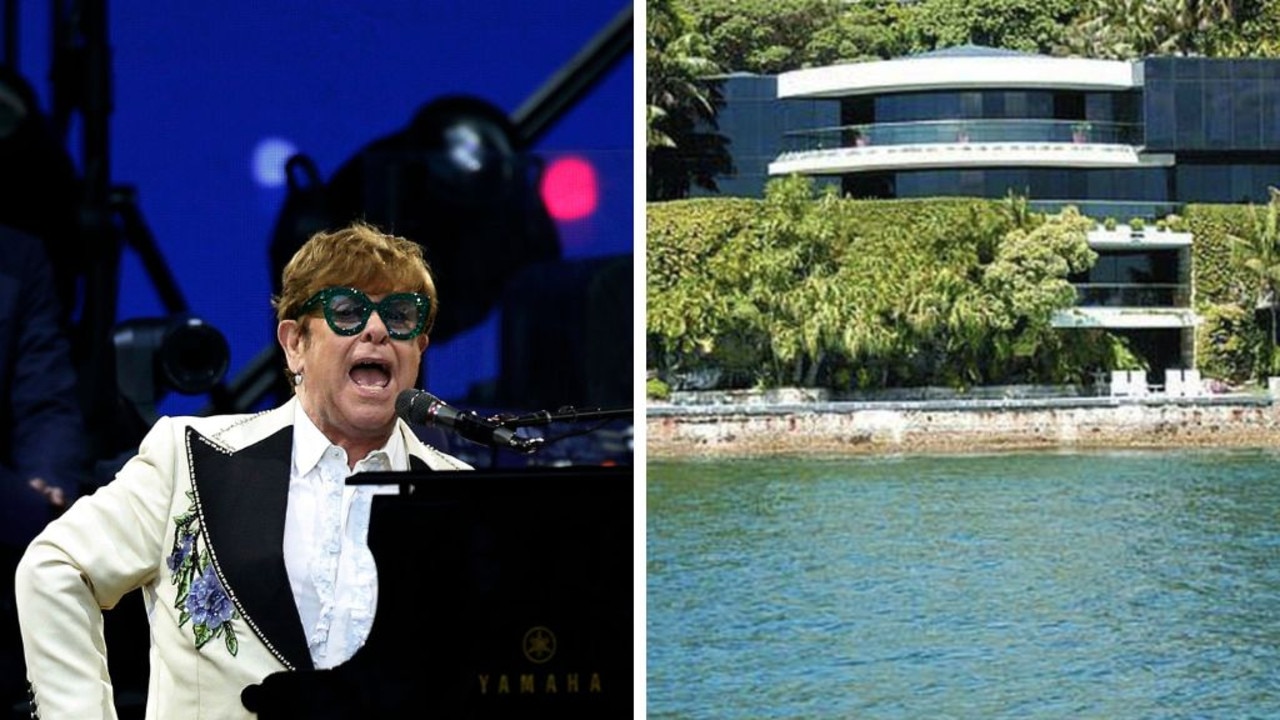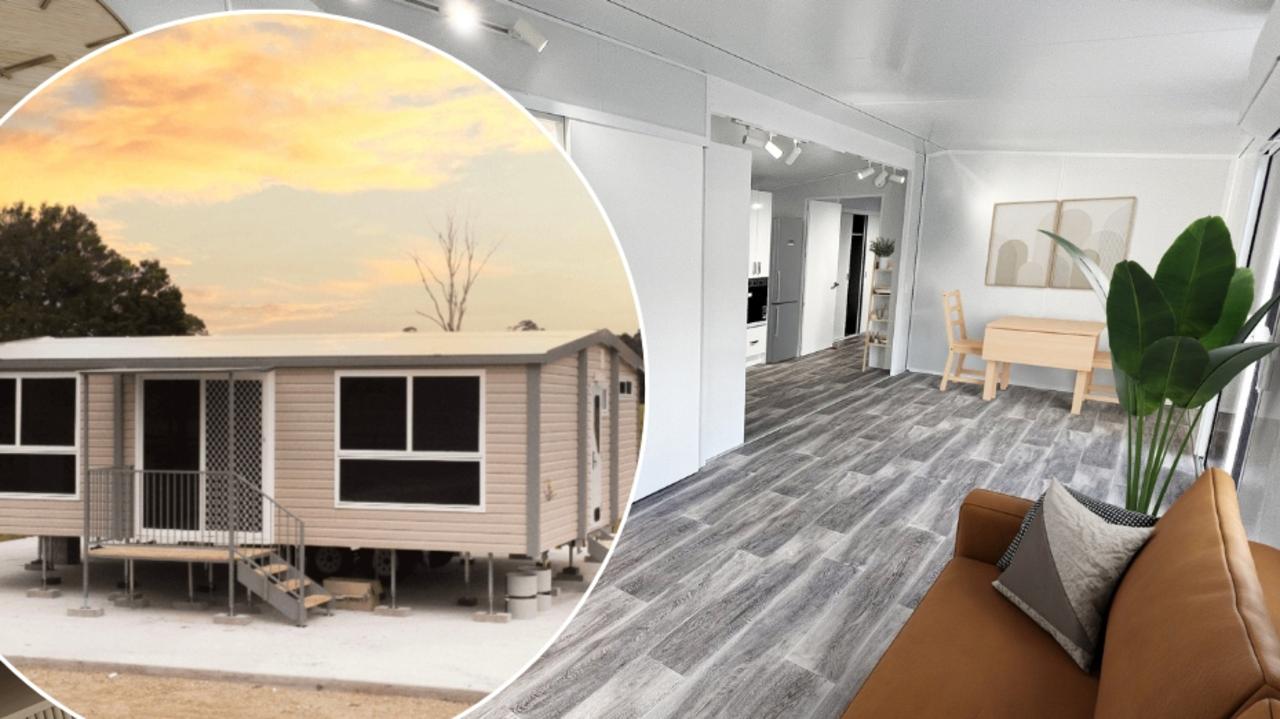Kochie tells renters to ‘love your landlord’
Former Sunrise host David Koch has weighed into the rental crisis debate, urging renters to “love your landlord” and instead point the blame elsewhere.

Former Sunrise host David Koch has weighed into the rental crisis debate, urging renters to “love your landlord” and instead point the blame at governments.
Writing for The Nightly, Koch said it may sound like “heresy, but tenants should direct their anger towards all three levels of government — not their landlords — when it comes to skyrocketing rents”.
“Governments, not landlords, have been derelict in not foreseeing and planning to avoid this rental crisis,” he said.
“It’s complex and there is no silver bullet solution. But so-called ‘greedy’ landlords are being unfairly targeted as the scapegoat. You probably have one in your family, or among your friends, and I bet they have increased the rent to cover rising loan repayments. But vilifying property investors is going to make the crisis a whole lot worse. The reality is many of those landlords are now saying it’s simply not worth it and are selling up, which just adds to the problem.”
Koch noted that there were around 2.2 million landlords in Australia, according to Australian Taxation Office (ATO) data, or one fifth of the population, the vast majority of whom own just one investment property.
“They aren’t property moguls, they’re ordinary Australians trying to build a nest egg,” he said.
He argued the reason rents were rising — in some cases by more than 50 per cent — was not “greed” but a combination of “rising interest rates, a lack of new developments because of a shortage of land, delays in approvals, banks reducing borrowing capacity, and developers going broke”, as well as “a lack of commitment from governments to develop enough affordable low-cost rental housing”.
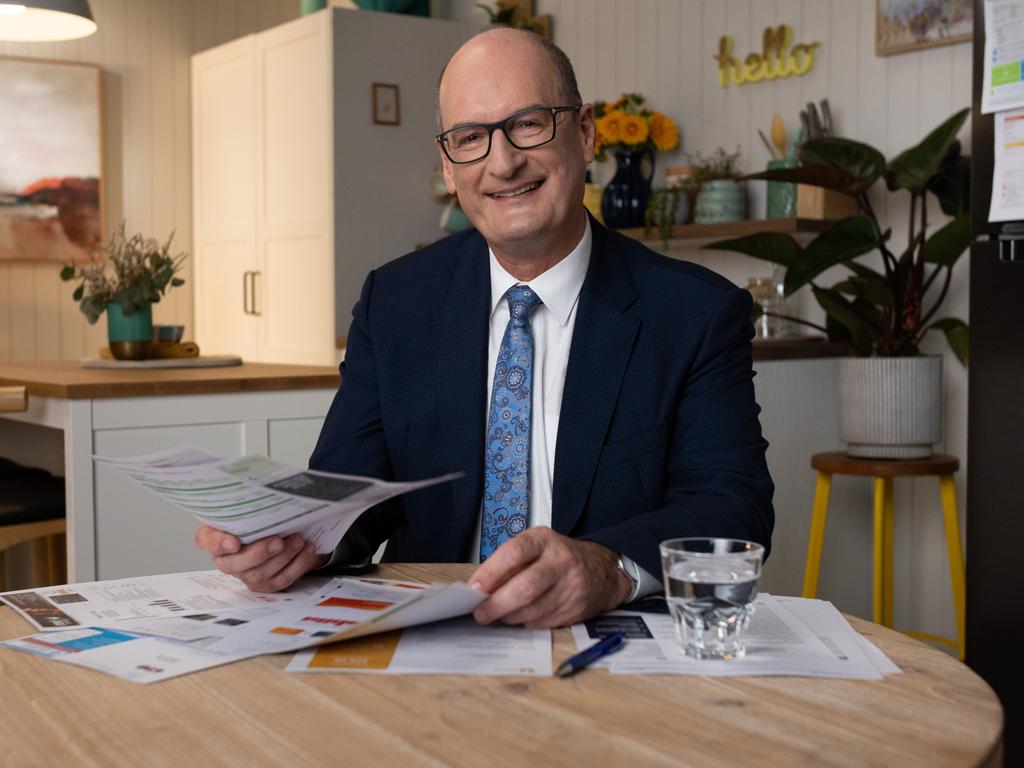
Koch did not mention Australia’s record immigration intake of 518,000 net overseas arrivals last year, which a growing number of experts have conceded is a key driver of housing demand.
He echoed comments last month from billionaire property developer Harry Triguboff, who said a large reason developers were going broke was the lack of investors due to the low net return of about 2.5 per cent.
“The only way to quickly resolve the rental crisis is to love your landlord and encourage more property investors to make more stock available,” Koch said.
“So when debating the merits of negative gearing, be careful what you wish for. Between 1996 and 2021, private investors provided 1.1 million rentals. Community groups added 41,000 but there was a reduction of 53,000 in government properties. Rather than castigate landlords, governments should be trying to match them in the amount of new properties coming onto the market.”
He added that the federal government’s “much-vaunted $10 billion Housing Australia Future Fund will only provide an additional 30,000 social and affordable homes which is tiny compared with what is needed”.
“So private investors will have to continue to do the heavy lifting,” he said.
The piece, for Seven West Media’s newly launched online news site, received mixed reaction online.
“The Nightly — off to a flyer delivering bangers,” former union boss Tim Lyons wrote on X. “Perspectives we don’t hear from new, interesting voices.”
Another user wrote, “This daring pro-boomer pro-landlord position is exactly the sort of fearless principled stand that has been missing from the Aussie media landscape. Well done to the editorial team at The Nightly.”
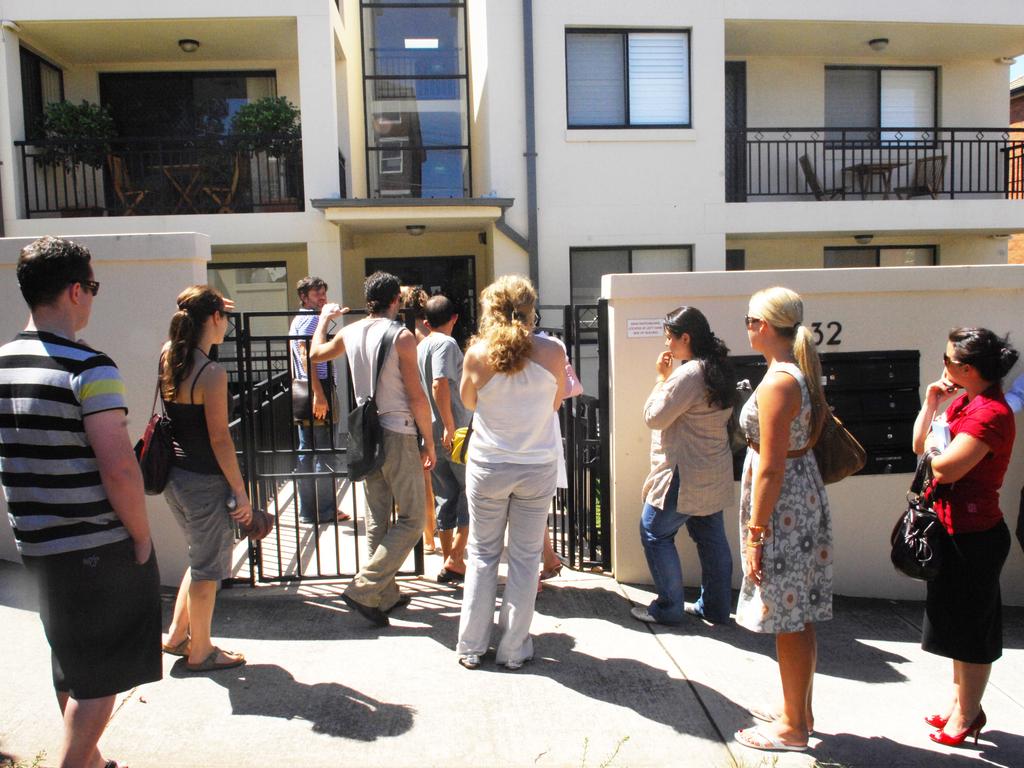
Anne Crarey, executive general manager of property services at Little Real Estate, told news.com.au last month that the rental crisis was “only getting worse” and “I don’t see anything on the horizon that’s going to change where we’re at”.
Ms Crarey also argued the solution to the crisis has to be “encouraging people to be buying investment properties”.
“I don’t foresee any other way out of it,” she said.
“I don’t think the government’s going to be able to build what we need to build to make the rental crisis go away, so the solution firmly lands with the government in regards to making incentives to invest in properties more enticing.”
Australia’s rental crisis has seen a “marked escalation” with an increasing number of suburbs recording the “highest possible distress score”, according to Suburbtrends’ February Rental Pain Index.
Suburbtrends founder Kent Lardner argued an “$800,000 house or a $700,000 unit is not the solution in terms of price and time — it can’t be”, and that instead Australia must look at caravan parks.
“America hovers around 6 per cent of its population live in mobile home villages,” he said.
“Less than 1 per cent of Australians live in caravan parks. We could double or triple the sites we have today, populate them rapidly with prefabricated dwellings. We could do it leasehold, use government lands, bring together community housing groups and local government and execute this rapidly.”
He said that was the only realistic solution to boost supply to meet surging demand, largely driven by migration.
“If we bring in half a million people we need a one-to-one match for a house for every 2.7 people coming in,” he said.
“It’s not race-based. If we can accommodate 500,000 or one million people bring them in — if we can’t, don’t.”
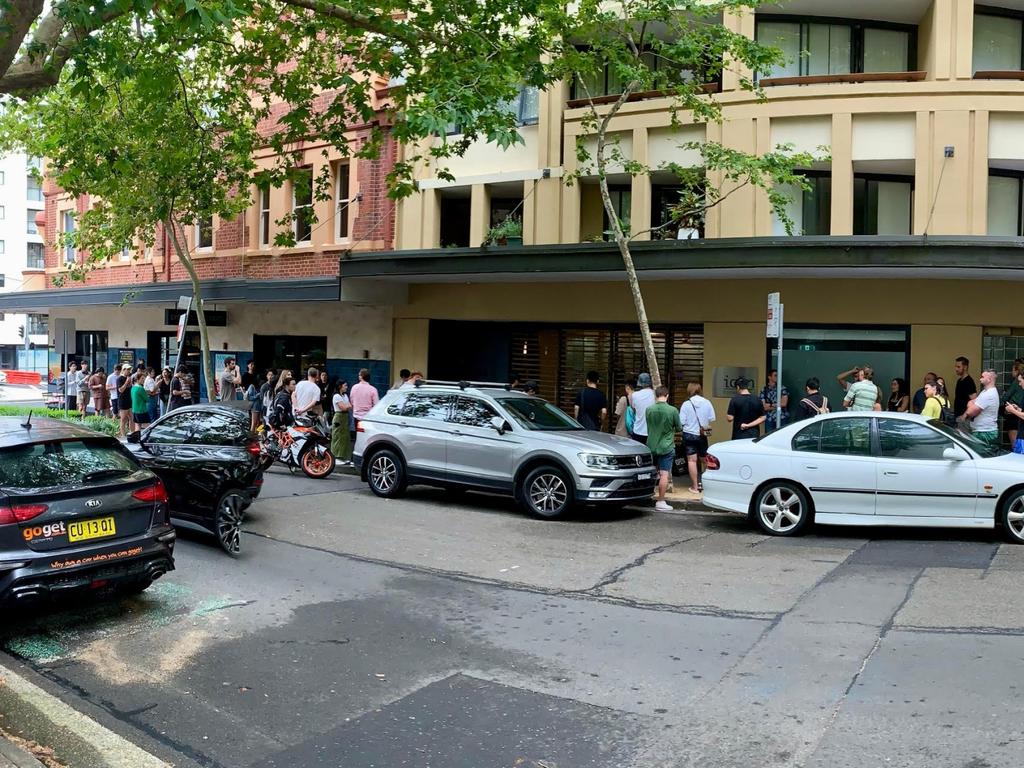
It comes as national home prices rose another 0.45 per cent to hit a new record in February, marking the largest monthly rise since October 2023.
PropTrack’s latest Home Price Index released on Friday showed prices have risen 0.82 per cent this year to be 6.15 per cent above February 2023 levels, while prices in the combined capitals are now 7.06 per cent up on last year.
The national median home price in February was $761,000 and $823,000 in the capital cities, four of which saw prices hit new highs — the median price in Sydney was $1.05 million, Brisbane $797,000, Adelaide $709,000 and Perth $651,000.
Melbourne’s median was $797,000, 3.9 per cent down from its peak, Hobart was 8 per cent down from its peak at $664,000, Darwin 2.4 per cent down at $481,000 and Canberra 5.4 per cent down at $828,000.
“The slowdown in home price growth recorded toward the end of 2023 has reversed this year, with prices hitting a new peak in February,” PropTrack senior economist Eleanor Creagh said.
“More homes have hit the market this year, but demand has kept up with that increase. The expectation that interest rates will fall in the second half of 2024 is likely providing a positive tailwind for activity.
“Housing demand is also being buoyed by population growth, tight rental markets, resilient labour market conditions and recent home equity gains. Meanwhile, the sharp rise in construction costs and labour and materials shortages have slowed the delivery of new builds, hampering the supply of new housing.
“Looking ahead, the positive tailwinds for housing demand and a slowdown in the completion of new homes are likely to offset the impact of reduced affordability and a slowing economy. As a result, prices are expected to lift further in the months ahead.”




